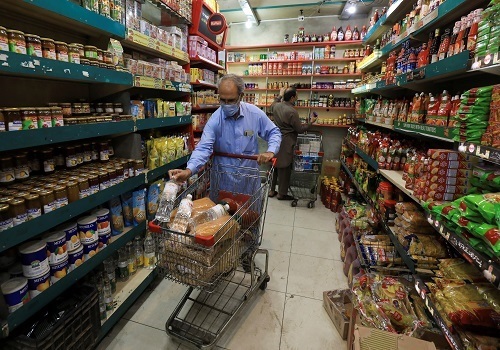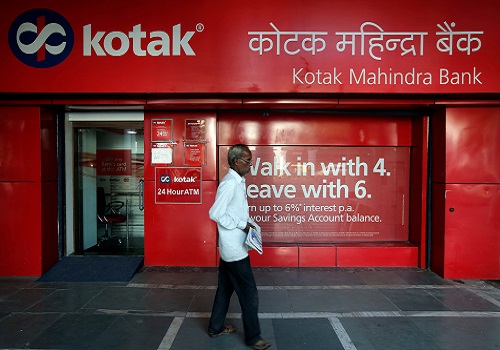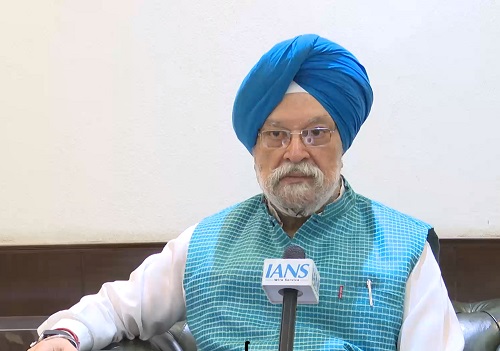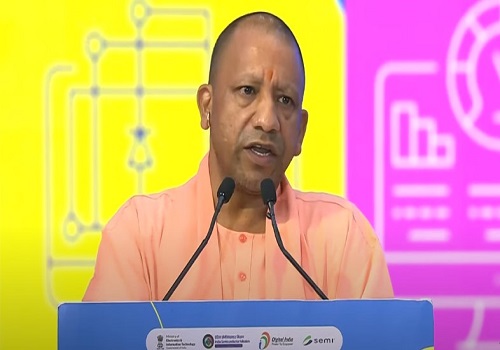Consumer Goods Sector : South India connect: Consumers gravitating to value options By Emkay Global Financial Services Ltd
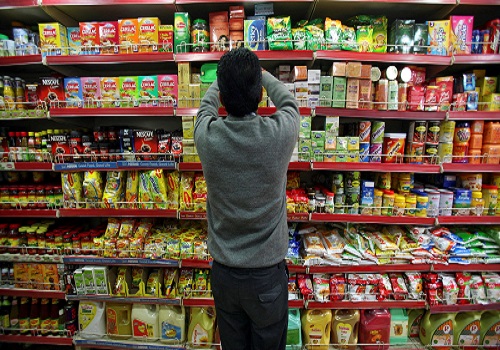
We visited Hyderabad and Chennai with a group of investors, to understand the pulse of consumption trend in South India. Interactions with sector experts and supply-chain partners suggested a) persistent slowdown in FMCG demand, b) innovation contribution shrinking from large players, leading to growth slowdown, c) channel hygiene remaining an issue with general trade (GT) distributors, and d) quick commerce (QC) disrupting modern trade (MT) and GT channels. Incremental growth is shifting to brands that address channel issues and cater to consumer needs better. We continue to prefer companies with better execution and portfolios aligned with consumer needs. We maintain BUY on GCPL, Marico, Bikaji, Emami, and Gopal Snacks.
FMCG players are still lagging in execution
The South, known for relatively high literacy and more premium consumption, has seen a relatively higher concentration of modern retail channels. Companies have tapped into opportunities in modern retail formats which have disrupted GT channel’s hygiene. Hygiene issue is more prominent for Dabur and Nestlé India. In Hyderabad, QC scale-up has impacted GT and MT channels; in Chennai, though, the impact is only limited to GT. Modern retail formats have seen healthy growth in staples (mostly private labels), where the market is formalizing fast with more channel-controlled consumers. Large players are not keen on staple items, given the low-margin profile. Tata Consumer is executing relatively better and seeing improved growth. In Oral care, Colgate has improved execution and gained shares from HUL. In laundry, the shift to liquids has accelerated, with company participation widening. In Biscuits, Britannia has a strong pull, but its lack of innovation has a bearing on growth. Reliance Consumer remains slow in execution in non-beverage FMCG but is slowly building distribution muscle with tier-1 distributors.
ITC stays dominant in cigarettes; GPI looks at distribution; VST focuses on value
Channel hygiene issues also extend to cigarettes, with wholesalers easily moving products to different markets, following the removal of central sales tax after GST implementation. Porous borders have also led to a surge in illegal volumes. Godfrey Philips India’s (GPI) Marlboro brand has seen healthy growth in the South; however, a good part of the volume moves to its core markets. Building distribution would be key for GPI in the South. VST has lagged in execution despite better market understanding. Our ground checks suggest that VST’s focus is on the KSFT segment, with affordable offerings like Edition Trio/Edition Trio Double priced at Rs10/12, respectively. ITC has been focusing on Classic Icon in select markets, with better trade-channel pricing.
Focus on basics key ahead; growth recovery crucial for valuation
Consumers are gravitating to value-offerings in select categories, where new players have emerged or existing ones are pivoting by addressing consumer and trade needs (like Campa in beverages, Birla Opus in Paints and value formats in apparel). Ahead, large FMCG companies need to align with consumer needs and improve servicing of supply-chain partners, otherwise their growth will likely remain muted.
For More Emkay Global Financial Services Ltd Disclaimer http://www.emkayglobal.com/Uploads/disclaimer.pdf & SEBI Registration number is INH000000354










Tag News
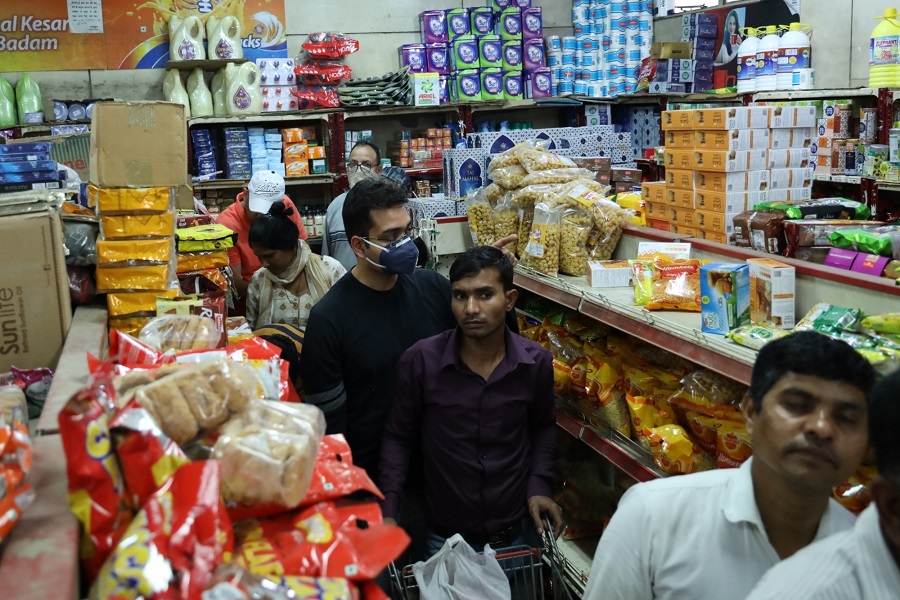
Consumer Sector Update : Consumer price and commodity tracker By Motilal Oswal Financial Se...
